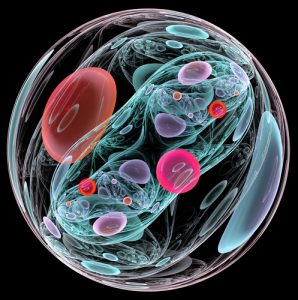 Many patients find talking about stem cell therapy intimidating because of the extensive medical terminology used when discussing the way everything works. The following is a list of terms that are commonly used when discussing stem cell therapy and what they mean. Due to the controversial nature of stem cell discussions, it’s important to understand the definitions.
Many patients find talking about stem cell therapy intimidating because of the extensive medical terminology used when discussing the way everything works. The following is a list of terms that are commonly used when discussing stem cell therapy and what they mean. Due to the controversial nature of stem cell discussions, it’s important to understand the definitions.
Stem Cells
Cells that can not only multiply but can turn into different types of tissues.
Adult Stem Cells (MSC)
Also known as Mesenchymal Stem Cells, these cells are undifferentiated (see Differentiation definition) and have the ability to replace injured or dying cells and regenerate. They are found in a person’s own blood, bone marrow, and fat. No embryos are involved in their extraction or use.
Differentiation
The process by which cells become increasingly specialized to carry out specific functions in tissues and organs.
Regenerative Medicine
The process of creating living, functional tissues to repair or replace tissue or organ function lost due to damage, or congenital disabilities.
Self-renewal
A type of cell division which occurs in stem cells when they make copies of themselves.
Stem Cells
In order to be considered a stem cell, a cell must meet two qualifications. (1) It must be capable of self-renewal and (2) it must be capable of differentiation.
Tissue
Specialized cells that are grouped together for a specific function. Tissues can further group together to become organs then.
These are just a few of the terms to help you become more familiar with stem cell therapy and all the potential it has to offer. At the San Francisco Stem Cell Therapy Center, we use integrative stem cell therapy to offer non-surgical treatment options for patients with pain and disability along with cancer and other age-related conditions. To find out more, visit us online or call us at 1-800-318-6006.
